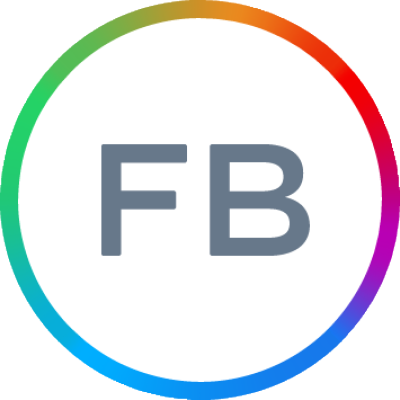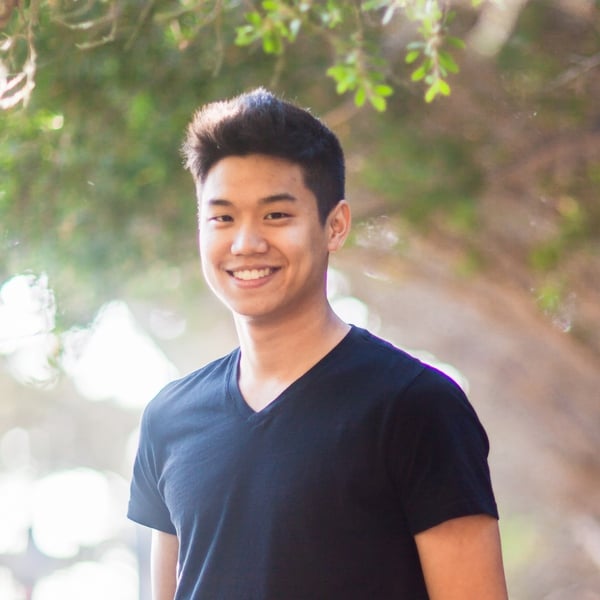- Be prepared for interview questions.
-
Interview questions aren't always fair. The best thing you can do is prepare for them. Get the
inside scoop on current interview questions from current Facebook employees.
- Hone your technical skills.
-
Technical interviews often ask for very specific skills. Get help from a Facebook
expert to hone your skills and get the job.
- Detailed feedback.
-
Way better than yet another coding exercise. Get detailed feedback on your interview
performance from an industry expert.
- Real life mock interviews.
-
Practice makes perfect. Get a real life mock interview with a Facebook expert and
get the job.
- Affordable rates.
-
Facebook experts are available at affordable rates. Get the help you need to get the
job without breaking the bank.
- Continued career coaching services.
-
Get continued career coaching services from a Facebook employee. Get help as you enter
your new job and beyond.










